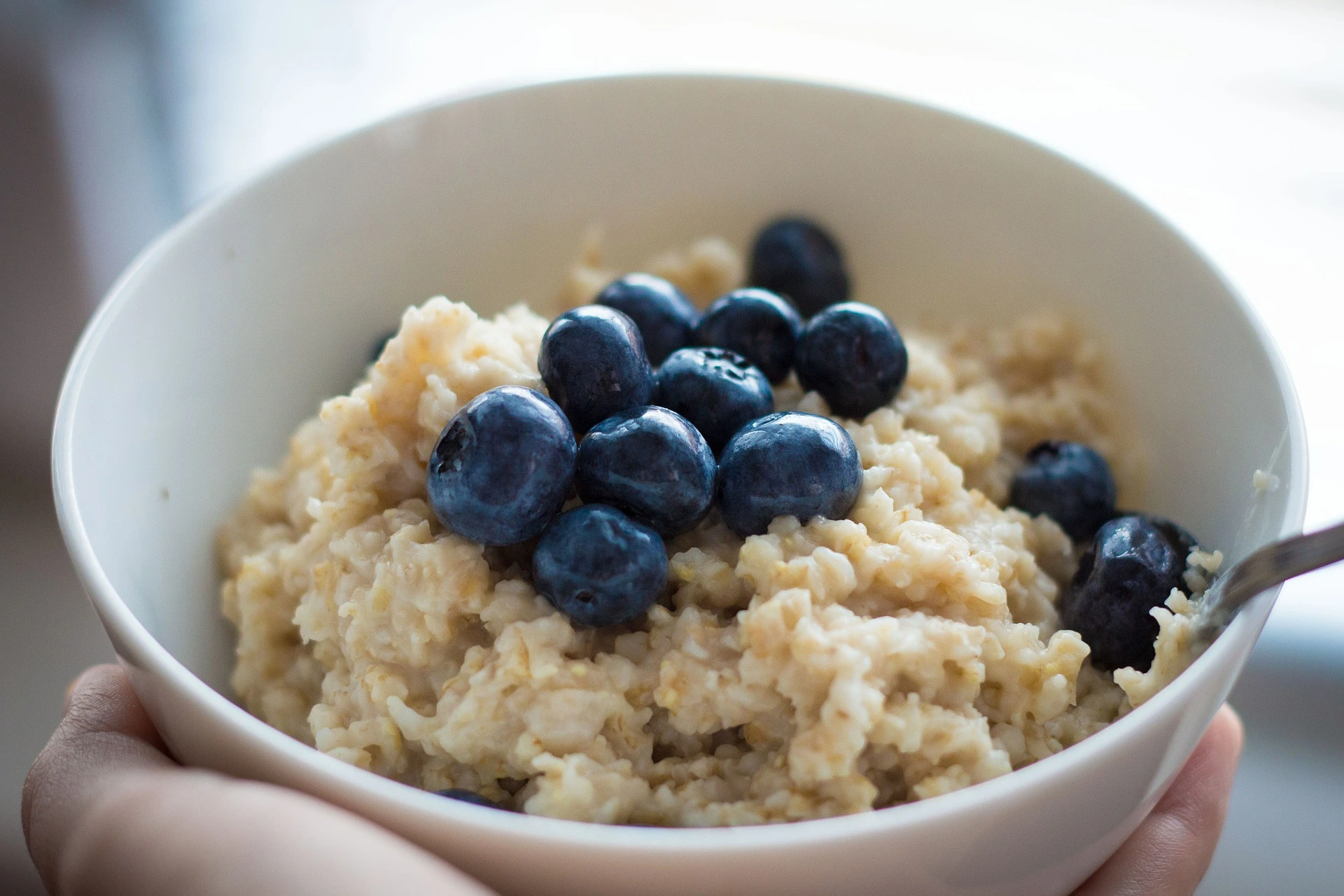- cross-posted to:
- [email protected]
- cross-posted to:
- [email protected]
cross-posted from: https://slrpnk.net/post/6192905
Amybo is a non-profit open source community project working on protein fermentation in an effort to reduce the carbon intensity of food production, as well as improve climate resilience as things like crop failures become more common.
The project is currently focussed on the low-cost distributed science aspect, but their website says they want biotechnologists, chefs, coders, creatives, engineers, enthusiasts, environmentalists, makers, medics, microbiologists, and nutritionists. So basically… Just lots of people.
They’re still in the early stages but looks like a fun project to get involved in.
Getting jacked with open source hell ya 💪💪💪
If the future consists of many people generating electricity at their homes with renewables, maybe we should also include in that vision the distributed growing of simple food like this.
Just grow and eat veggies and grains. If you’re worried about protein, you’re worried about the wrong thing (you should instead be worried about getting vitamins, minerals, and a generally varied diet). Everything that made people worried about protein on vegetarian or vegan diets is based on a study purposefully misinterpreted by the meat-and-dairy industry, where that misinterpretation was parroted for decades and disowned by the original author of the study. Just because you can fulfill the same protein profile as meat using plant proteins doesn’t mean you need to. The human body evolved to allow us to eat meat opportunistically, not to require it.
Unless you’re on an all-fruit diet, you’re getting enough protein if you’re getting enough calories (literally no matter your exercise regimen). And if you’re not getting enough calories, you’re starving and protein is one of the last of your concerns anyway.
Not everyone has land to grow or easy access to cheap nutritional food. Creating low cost and nutritional food is not a bad thing, especially if it’s open source.
Definitely! If you want nutritional food, focus on the stuff that’s really cheap and easy to grow and makes the best use of land anyway, whether you’re doing it or consuming it after other people have done so: fresh veggies. Greens, squashes, tomatoes, various tubers, etc. (varies depending on your region, of course).
I was just talking about the focus on protein. It is absolutely not the thing to worry about if you’re interested in “nutritious”. You’re being completely counter-productive if you do that. It leads opposite to the goal you just described.


